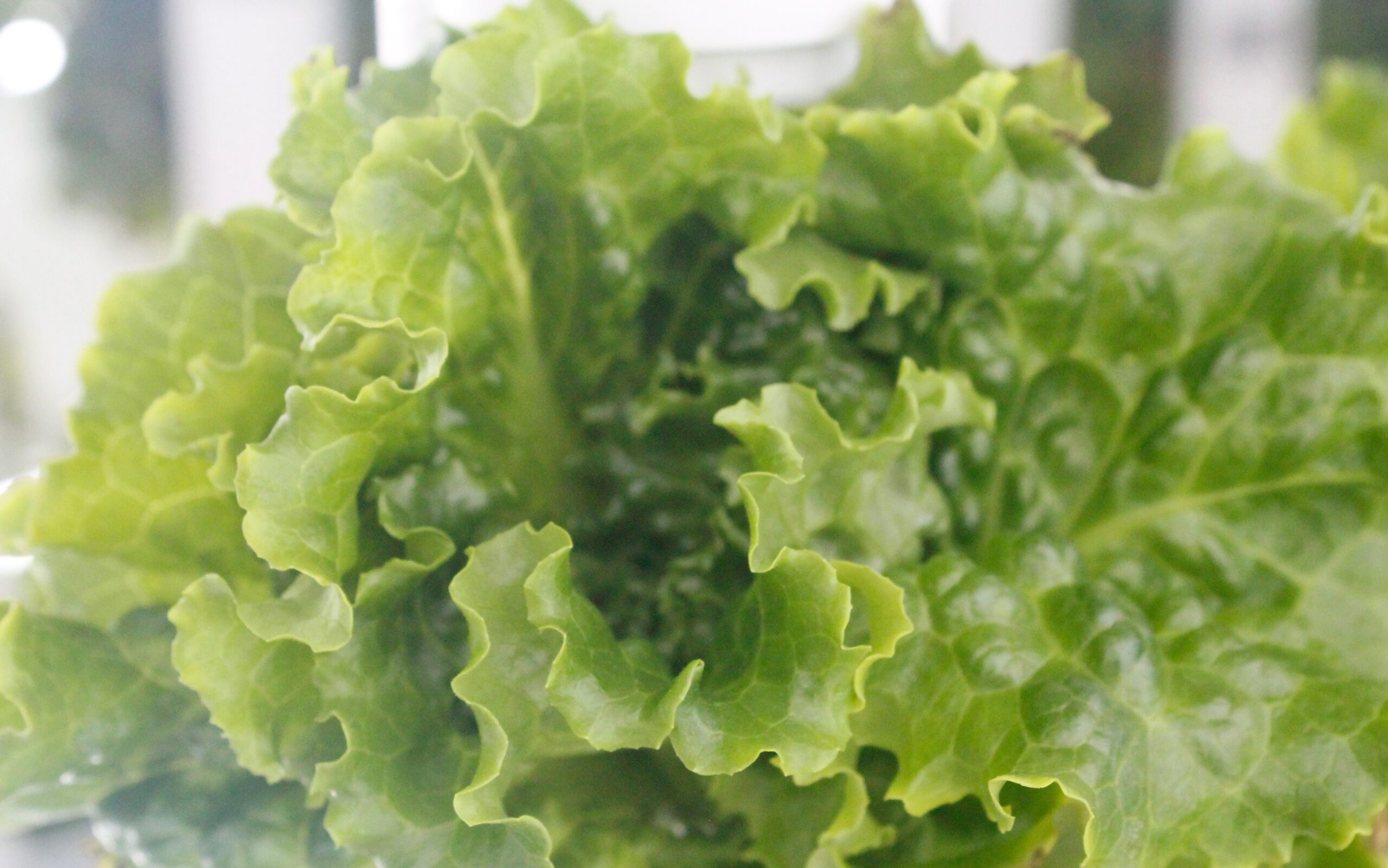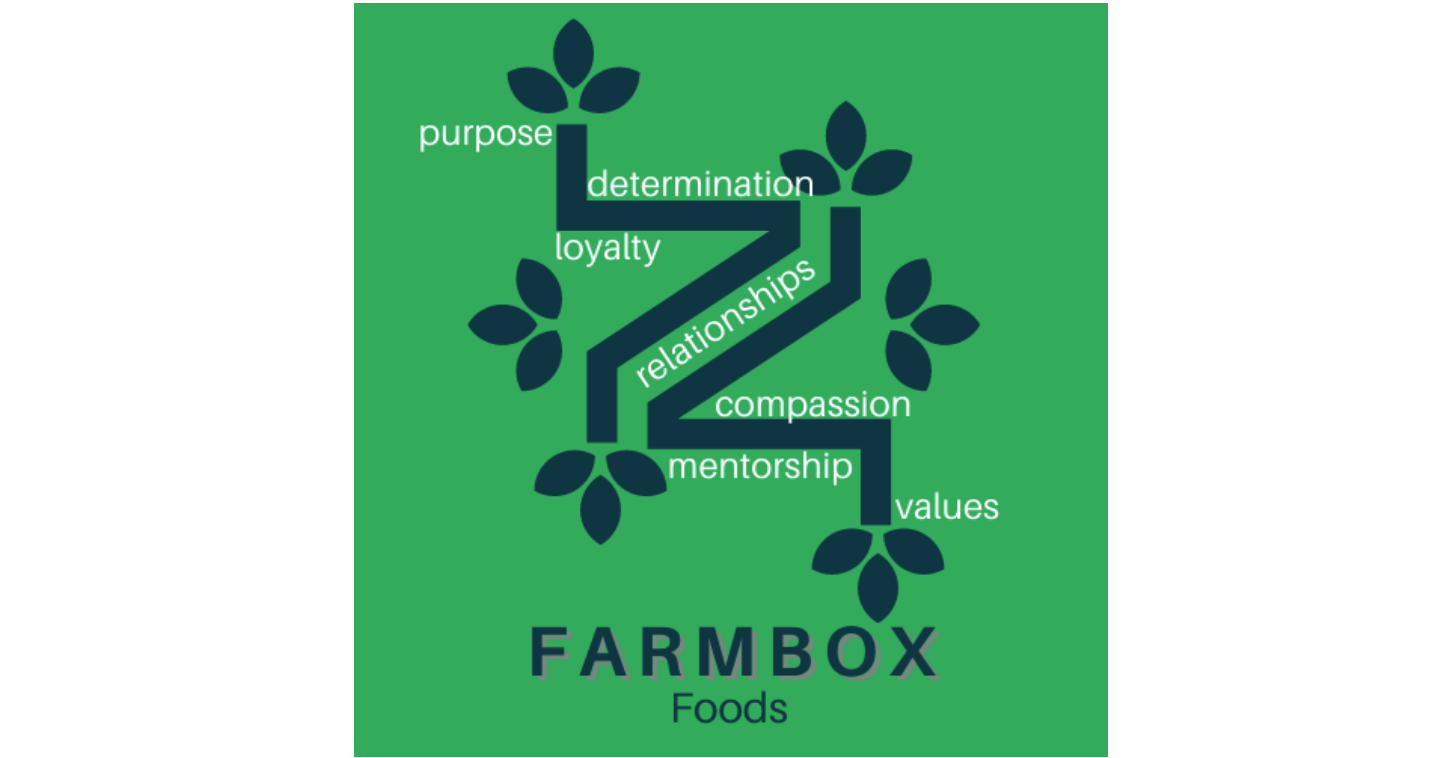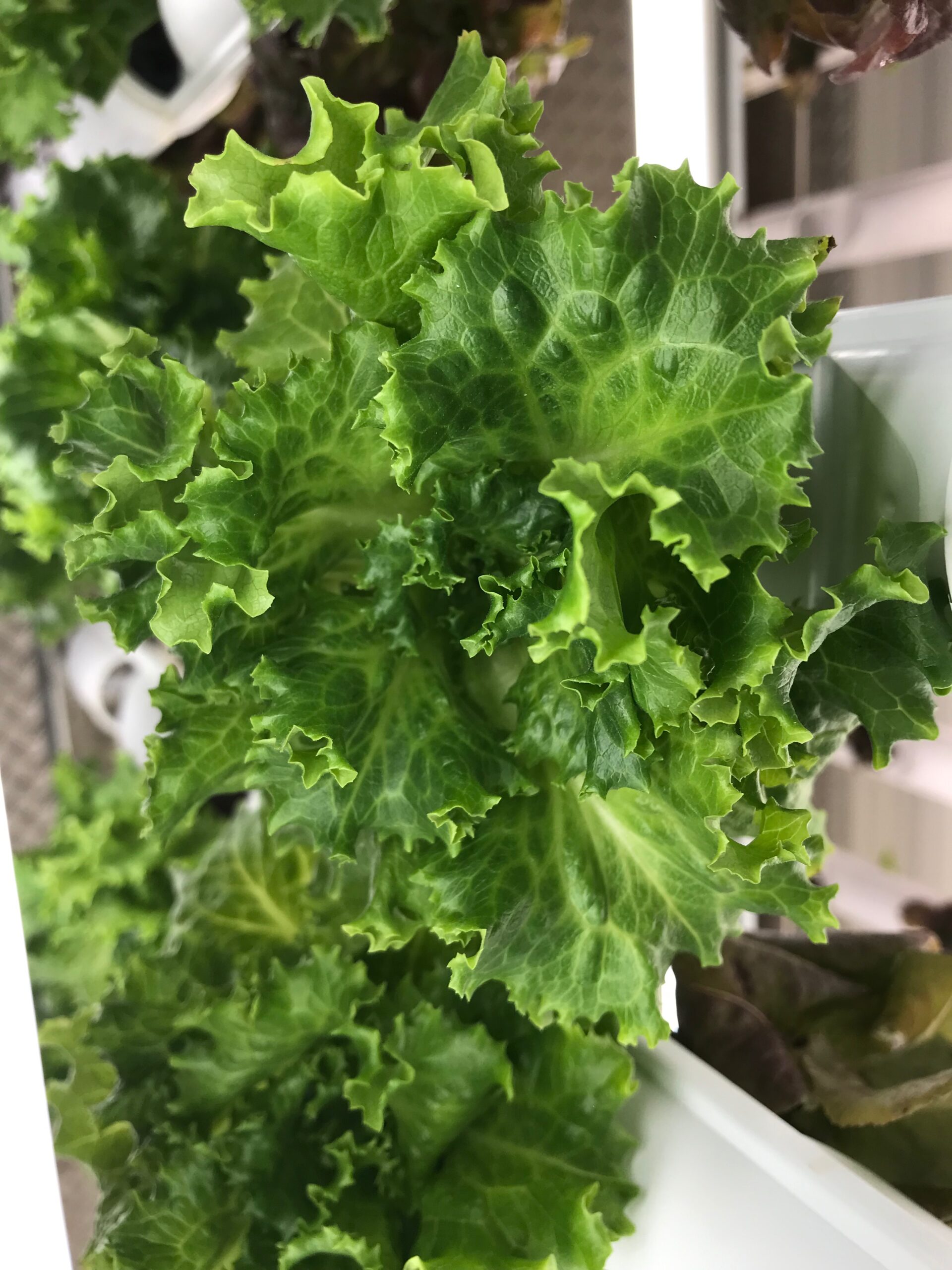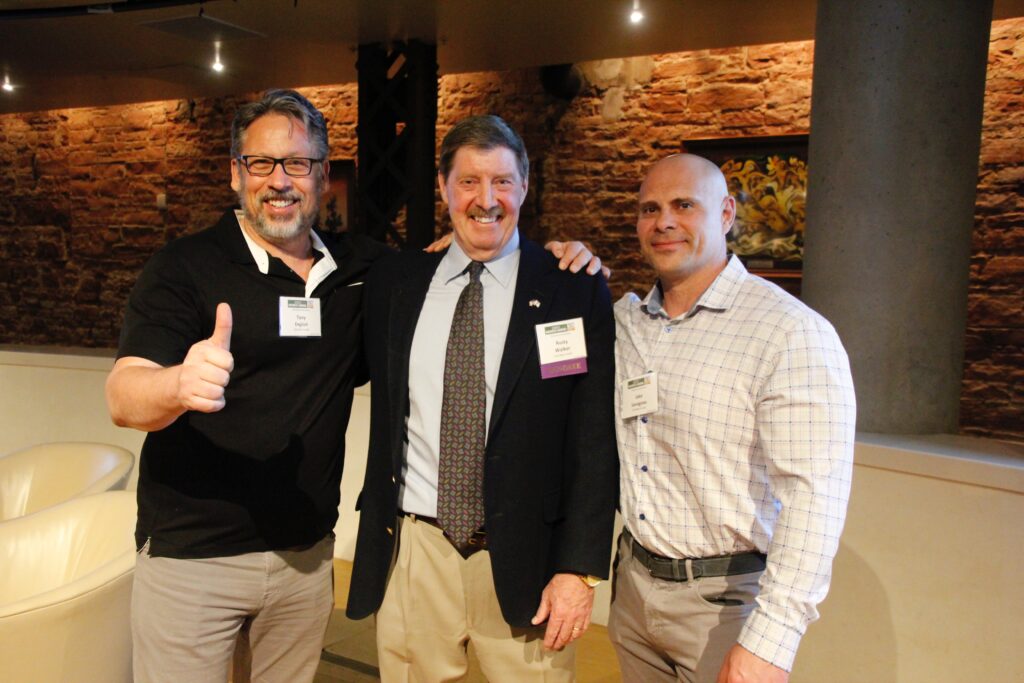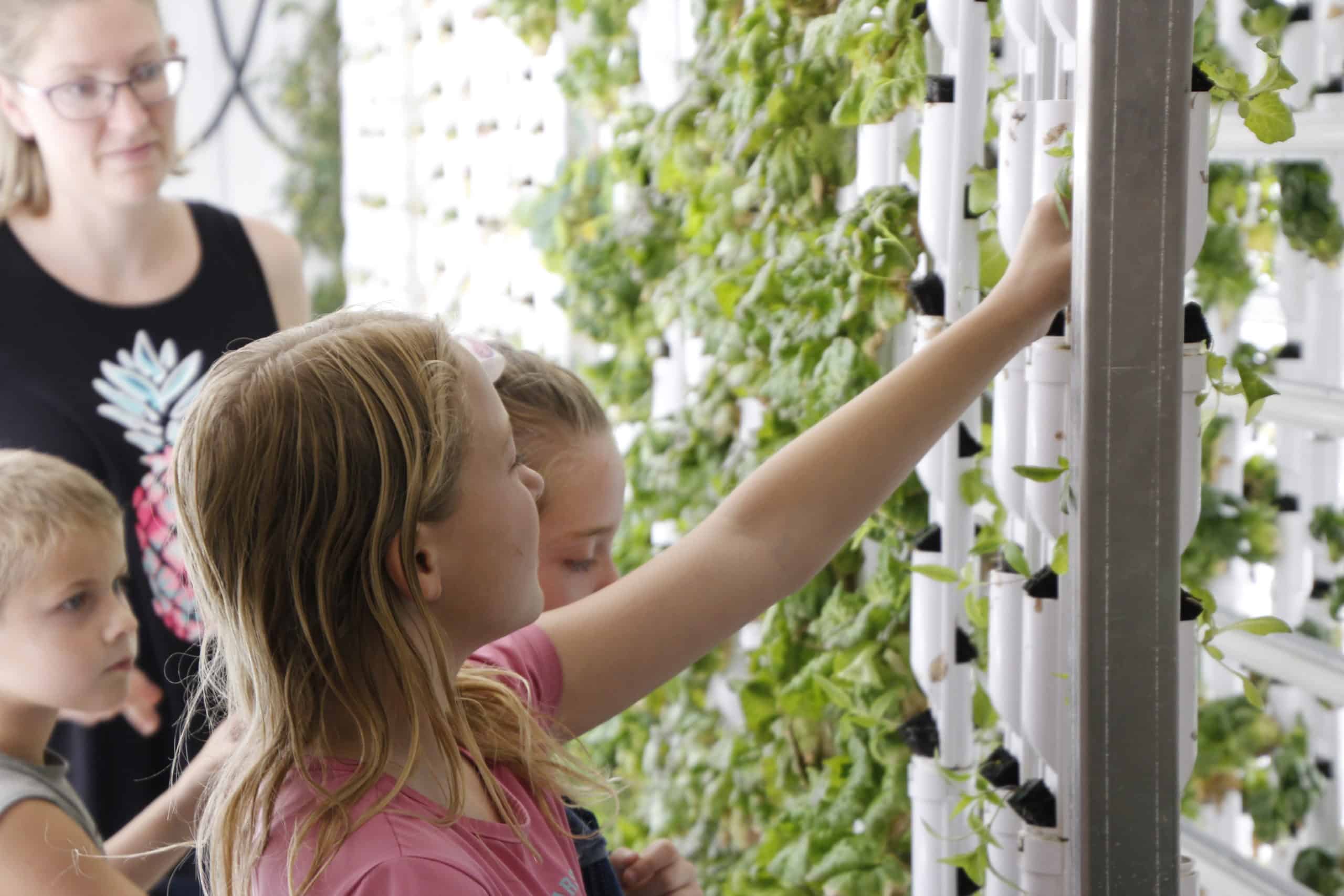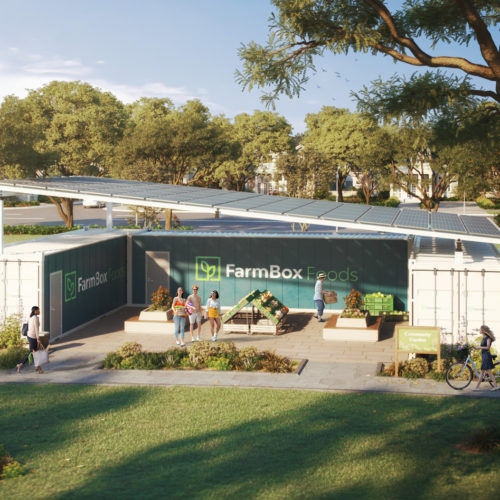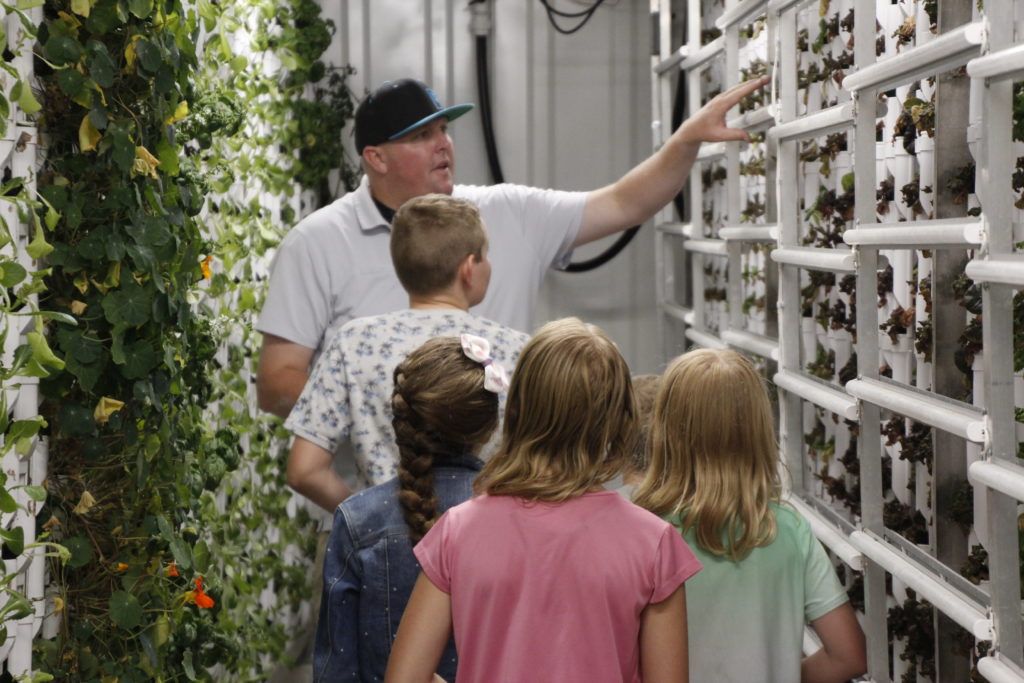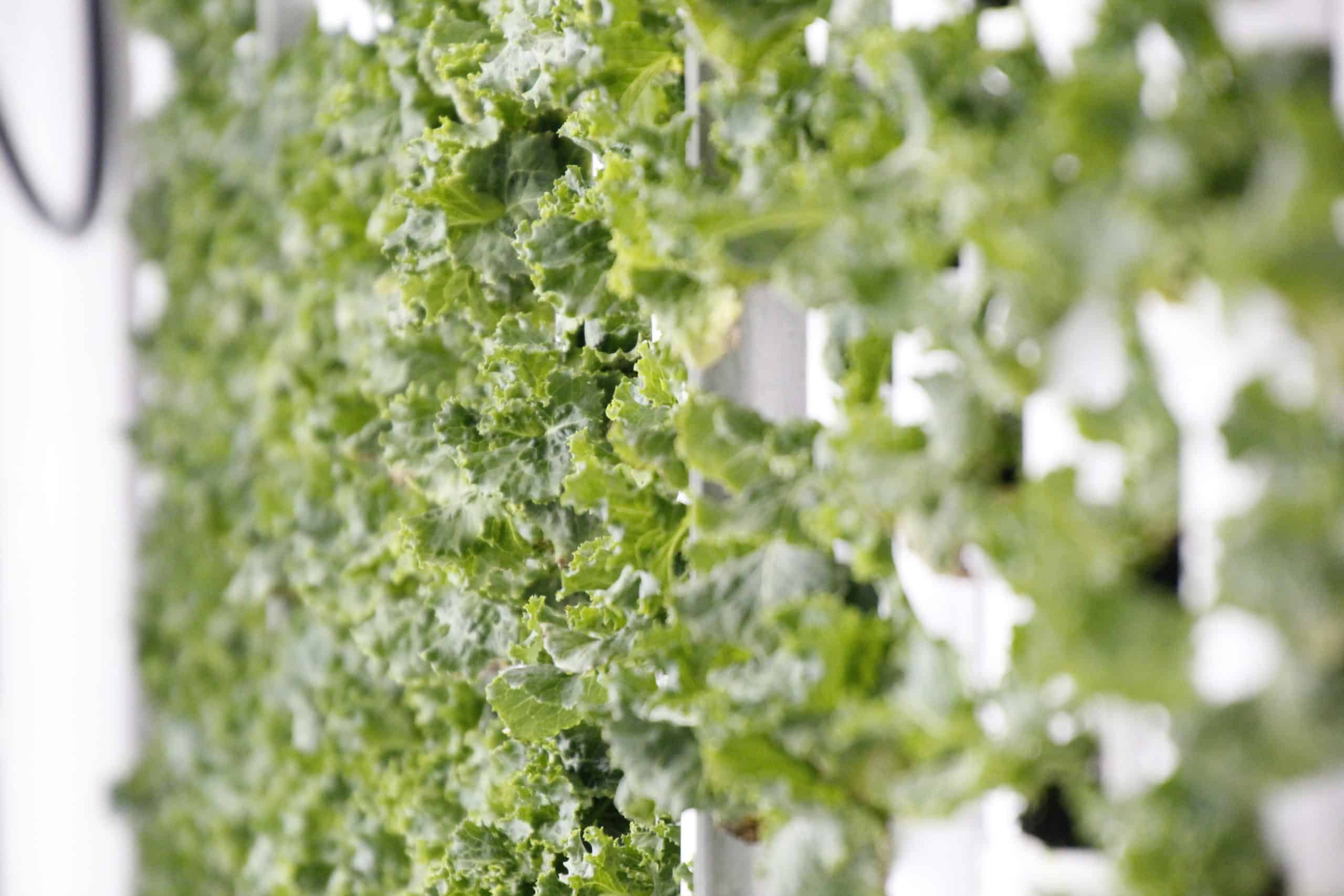Every consumer knows that sticker shock at the grocery store is now a common occurrence.
Food price increases this year are expected to far exceed those observed in 2020 and 2021, according to the USDA’s Economic Research Service.
Supply chain delays caused by, among other things, pandemic-related shutdowns, a truck driver shortage and a logjam at our nation’s ports were already causing issues with the U.S. food supply. Then, Russia’s invasion of Ukraine caused a ripple effect that we still see playing out globally. It has impacted fuel prices, food exports and the supply of fertilizer needed to maintain food production levels in places like Brazil, a top producer of goods like sugar and soybeans. Even avian flu is affecting the price of eggs and poultry.
The Consumer Price Index for all food in the U.S. increased 1 percent from March 2022 to April 2022, and food prices were 9.4 percent higher than in April 2021.
It’s an inescapable phenomenon that’s disproportionately affecting those who were already struggling to feed their families. So when will it end? There are, of course, differing opinions on when or even if food prices will level out anytime soon.
The cost of fresh vegetables is expected to go up by 4.3 percent this year, the USDA says, a point that underscores the need to decentralize the production of certain veggies. Hyperlocal production of nutrient-dense food can help control costs, primarily because it eliminates fuel price fluctuations and supply chain delays from the equation. It also helps reduce the rate of food loss, because the veggies make their way to the fridges and plates of consumers much more quickly.
Having a localized level of control takes the power away from negative external influences, and places the power back in the hands of urban farmers, who can nimbly grow at scale using a combination of greenhouses, outdoor community gardens and containerized, tech-assisted farms. A container farm takes up 320 square-feet of space — or about 5 parking spaces — and can be placed anywhere there’s a reliable water supply and an electrical hookup.
Businesses that serve underprivileged communities can come together in the name of food security and provide these food production systems that operate in perpetuity and provide jobs and educational opportunities in the process. Although veggies comprise only a portion of the food consumed in America, it’s incremental changes like this that can move the needle in a direction that eases the burden on consumers.

